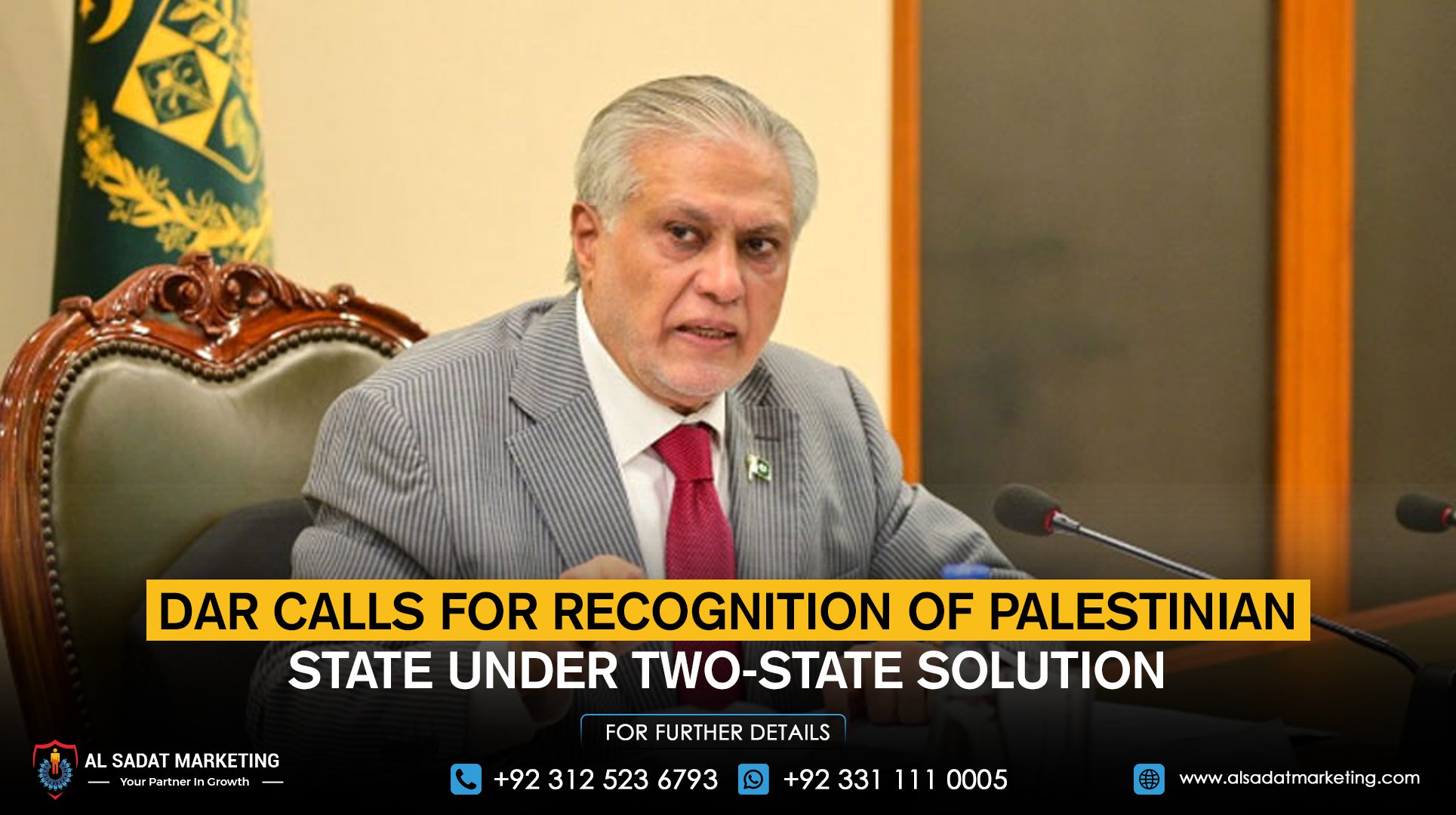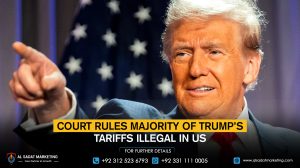Deputy Prime Minister Ishaq Dar on Friday reiterated Pakistan’s support for a two-state solution to resolve the Palestine issue, rejecting the “Greater Israel” plan and pledging that Islamabad will continue to advocate this path.
Speaking at a press briefing in Islamabad, Dar also called on the Afghan government to either hand over members of the Tehreek-e-Taliban Pakistan (TTP) or expel them from its territory. He said Kabul had assured Islamabad that the militants would be integrated into Afghan society.
Commenting on regional matters, Dar dismissed remarks by the Indian naval chief as not worth responding to, but noted that all three major political parties in Bangladesh had shown willingness to cooperate with Pakistan. He revealed that Pakistan aims to double or triple trade with Bangladesh in the coming years, and highlighted progress through six new agreements, visa exemptions for diplomatic passports, and the creation of a joint working group on trade.
On infrastructure and connectivity, Dar said the planned Trans-Afghan Railway would extend 647 kilometers, requiring an estimated $8–9 billion investment. He also underlined Pakistan’s role in promoting dialogue during the recent Israel-Iran conflict, stressing that Islamabad seeks to bring Tehran closer to global powers “as a sincere friend.”
Looking ahead, Dar pointed out that next year marks 75 years of Pakistan-China relations, with Beijing continuing to support Pakistan’s stance on Jammu and Kashmir. He said the first phase of the CPEC project is nearly complete, with work on the second phase underway.
On ties with the UK, Dar said 1.7 million Pakistanis will benefit from digitized Punjab land records at the High Commission in London, while new one-window passport services will reduce processing time from one hour to just ten minutes. Weekly flights to Manchester will also increase from September, alongside stronger bilateral trade relations.
Dar concluded by describing the recent visit of China’s foreign minister as “highly positive,” reaffirming Pakistan’s commitment to diplomacy, trade, and regional cooperation.










